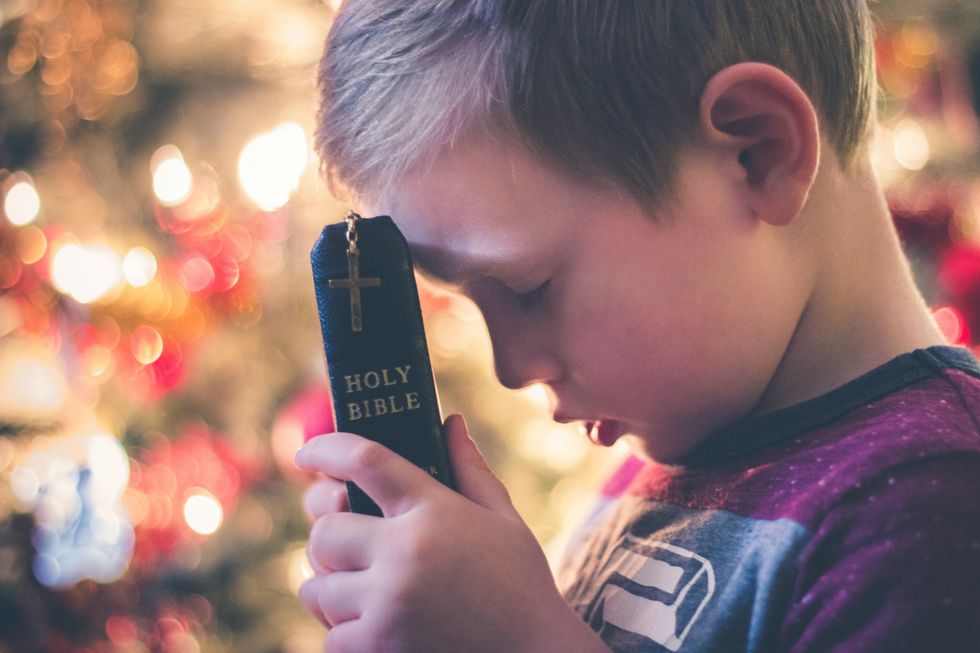The Climate Conference in Paris (COP21) was greatly anticipated and highly prioritized by world leaders before the Paris attacks, when ISIL killed 130 people through orchestrated terrorism. These attacks have left leaders of attending countries concerned about the security of the conference. Also in question is the conference’s predestined tone of conduct, especially after several event cancellations by the French government, most notably the November 29th marches.
A massive activist march on November 29th—set to attract up to 200,000 protestors—has been canceled for security reasons. An understandable reaction in wake of the November 13th attacks, though one climatologist Jason Box and Naomi Klein (350.org) say “effectively silenc[es] the voices of people who are directly affected by these high-level talks…And it’s hard to see how sea-level rise and parched farmland — tough media sells at the best of times — will have a hope of competing with rapid military escalation and calls for fortressed borders.”
In lieu of that potential silencing, Greenpeace France executive director Jean-Francois Juilliard has stated the “huge regret” felt by the decision, but that it would be respected. “We will find new, imaginative ways to ensure our voices are heard in the UN conference centre and beyond,” he said. “And in hundreds of towns and cities across the world people will still march for the climate, for Paris and for our shared humanity.” Representatives plan on taking to social media and boosting other countries to hold their own climate marches in spirit of those who can’t.”
Nick Mabey, chief executive at the environmental lobby group E3G, said the terrorist attacks would “not have a huge impact on the outcome, but they will have a huge impact on the tone…more serious, and less festive. Activists will have to find more creative ways to show the world the impact of climate change. There will be less grandstanding, and more focus.” Mabey hopes to articulate a message showing “the ability of people to cooperate and bring peace and work together. That is the core message, and it’s really important that this message gets through.”
President Obama has also voiced the importance about these talks, saying, “I think it’s absolutely vital for every country, every leader, to send a signal that the viciousness of a handful of killers does not stop the world from doing vital business.” The conference is not expected to dissolve into chaos as in 2009, when the infamous “Danish text” revealed a secret agreement allowing rich countries less CO2 regulation than developing ones. The goal of the conference is to achieve a binding and universal agreement about climate change from all nations. Only time will tell if that objective is achieved or unsuccessful.



 Christmas and New Year gift card
Photo by
Christmas and New Year gift card
Photo by  butter cookies on plate
Photo by
butter cookies on plate
Photo by  boy holding Holy
boy holding Holy 












